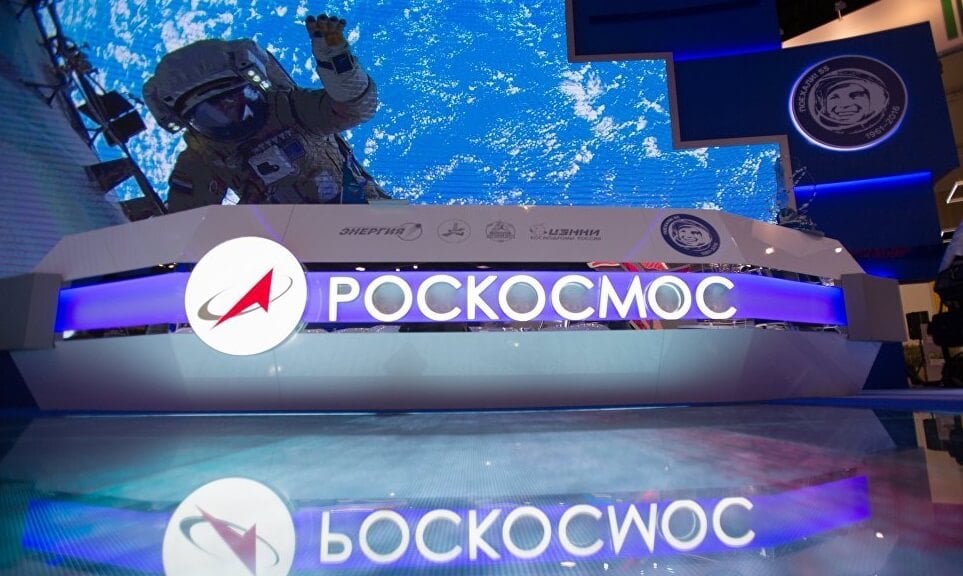
Speaking at the conference in Moscow the forum “Russia – country of opportunities”, the General Director of state Corporation “Roscosmos” Igor Komarov has declared that after more than 40-year hiatus since the completion of the Russian lunar program in the next two years will be launched the spacecraft “Luna-25”, which will study our natural satellite.
Earlier the launch of a research probe planned to be implemented in 2019, but was decided to be postponed to 2020.
“Within two years launched mission Luna-25”, — said Komarov, speaking at the forum.
The head of Roskosmos said that the name of the device appeared for a reason. The last Soviet station was launched to the Earth in 1976 and was called “Luna-24”.
The goals of the new mission is the study of the chemical composition of the regolith of the polar regions of the moon. In particular, we plan to search for and study which is of great interest in the concentrations of volatile compounds of space origin, including water ice. Instruments aboard the craft will also investigate the processes in plasma-dust polar exosphere of the moon.
Scholars have identified two possible landing spot descent of the probe on the lunar surface. One of them is the area located to the North of the Antarctic crater Bohuslav. As a backup option, the selected area to the southwest of the crater Mancini. The machine will move in low polar orbit around the moon, and then make deceleration, and vertical descent.
In addition, Igor Komarov said on the forum and future plans for the International space station. Thus, it became known that by 2021, the state Corporation “Roscosmos” plans to make the Russian segment of the ISS autonomously. For these purposes, by this time the station will be launched three additional modules.
“We in our industry have been given the task, by 2021, that is, years before the deadline we agreed on joint work on the ISS, we had the opportunity to secede and to work independently in the framework of the Russian segment,” — said Komarov.
“You need to work out and run new modules. Over the next three years, we finally start, I hope, the three modules that will provide the autonomy from the point of view of energy, engines, communication systems and life support systems of the Russian segment,” he added.
According to the Director, “Roscosmos”, such measures are taken in case Russia refuses to cooperate on the ISS after 2025.
“However, we believe, and it is our belief that working together is much more effective and better. This is an example, when mutual cooperation will only benefit”, — said Komarov.
“Roscosmos” told about the nearest plans for the moon and the ISS
Nikolai Khizhnyak